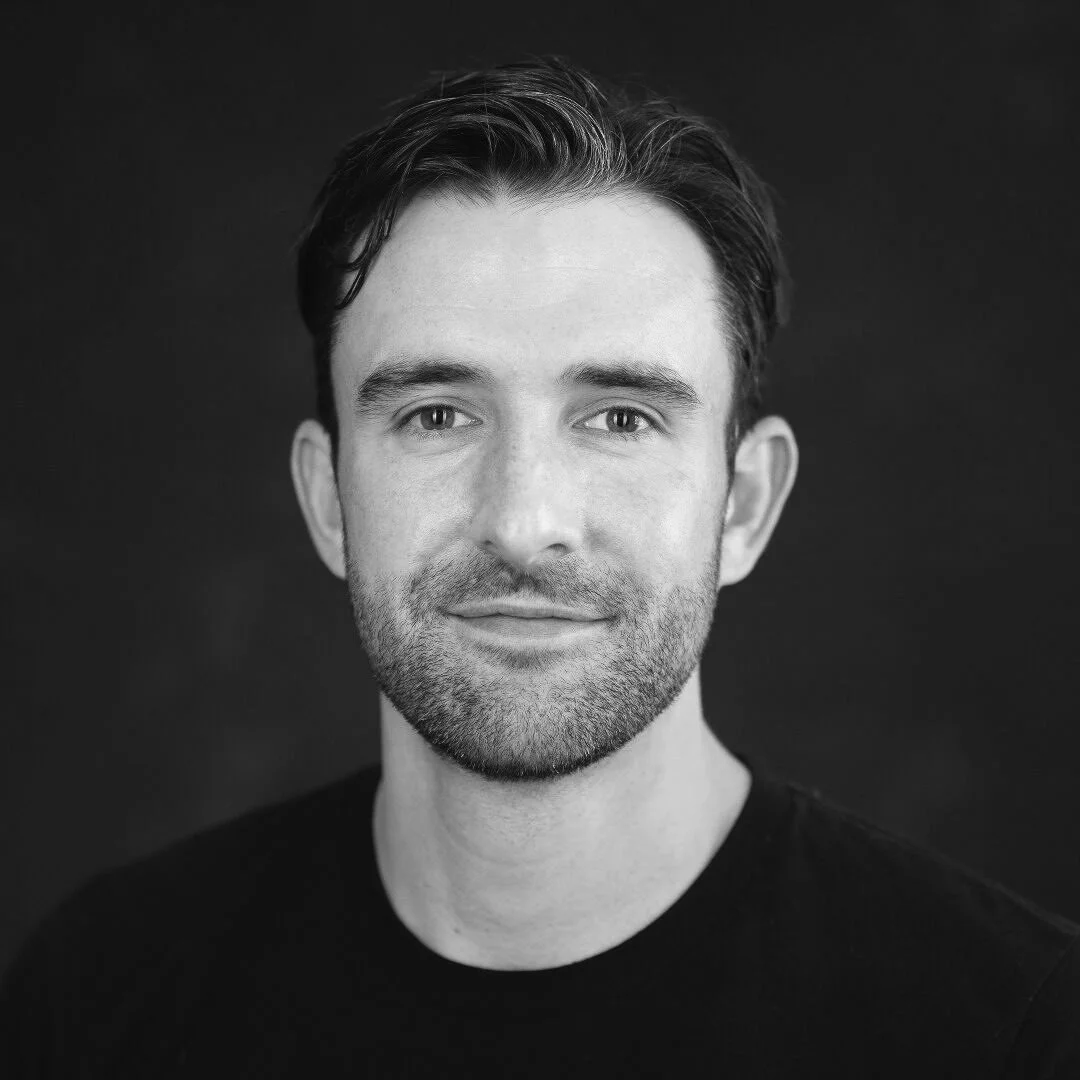The comfort crisis
« As we’ve gotten more and more, we haven’t necessarily become happier. »
INSPIRED BY :
Michael Easter
professor
author of :
The comfort crisis
NOW
1. We’ve engineered the world to be a lot easier in a lot of ways.
We have an abundance of things : food, stuff, information, influence.
This has impacted our lives and shifted how we spend our time and attention :
we consume ultra-processed products, our activity levels are dropping.
We engineer movement out of our lives with our new devices and sedentary jobs.
We have a massive supply of food thanks to the advances in agriculture.
We move less and less, we use means of transportation and take the elevator.
We go to grocery stores and rely on household appliances to do our chores.
We have the internet and connect virtually although we live in villages, cities, and towns.
We have increased the loudness of the world and have changed the noise of the environment.
Setting up things to be effortless and having things in abundance is overall a result of progress.
But we keep thinking that happiness is going to be in the next viral tweet, the next meal, the next purchase.
2. As we’ve gotten more and more, we haven’t necessarily become happier.
In fact, happiness has decreased because we live with ancient drives in new environments.
We experience what we call an evolutionary mismatch :
we were shaped in a way that mostly made sense back in the past.
Back when what we needed was scarce and difficult to find.
Back when overdoing these things whenever possible helped us survive.
The way we act is natural, our ancient hardware has given us a scarcity brain.
But we now live in a world of abundance and comfort, and this can easily backfire.
3. Chronic diseases are the modern symptoms of this evolutionary mismatch.
Lack of fitness and overeating have led to serious health problems.
Physical activity used to be a necessity, we’ve turned it into a choice.
We now suffer from obesity correlated to the amount and the type of food we consume.
We suffer average pains like back and feet pain because our muscles get exceedingly weak.
The low grade loudness we live in has increased stress, a key factor for heart disease.
We are burnt out from living in packed noisy environments.
We live in larger groups, in big cities, but feel increasingly lonelier.
BEFORE
1. Scarcity and difficulty led to movement.
To survive and live, physical activity was essential.
A lot of daily life was effortful : we were outdoors, covering rough ground.
We were carrying things, digging, climbing trees, resting in squat position.
Being able to move our body weight was the most important thing.
Staying active and keeping muscle mass was the most crucial.
Exercise was part of our lives and a quite psychologically taxing act.
We had to figure out foot placement and pace,
take into account water supply, distance, and all sorts of wild animals.
2. We used to eat single ingredient foods.
The tribe with the healthiest hearts in Bolivia still eats rice, potatoes, fish, nuts, meat, vegetables, and fruits.
Today’s food is packed with ingredients that make it tastier, easier, and faster to eat.
But that also impact our health and make us crave for more because they are less filling per calorie.
3. We used to live in tribes of 150 people where there was a clear rank.
Now in larger groups things get complex, complicated.
There are more names, faces to remember, more interconnected relationships,
laws have to be established, and we can blast out things about ourselves to millions of other people.
4. We used to live with the sounds of nature.
Hearing a loud noise used to mean there was probably a danger.
The levels of noise have increased and make us stressed out and depressed.
Silence has become a strange thing and it is hard to get.
IN SHORT
Back when we were hunter gatherers, what we needed to survive was scarce.
Life took effort, the world was hard and uncomfortable.
Now the world has gotten easier, more comfortable, and safer.
We have defaulted to sit in that zone letting our ancient brain take the wrong decisions.
We have this drive to do the next easiest, most convenient thing.
We’ve engineered what kept us healthy out of our lives and now we’re getting sick for it.
It is not our fault but it sure is our problem to solve.
And we can make it work for us, we can take back control.
by : antιdrastιc element
based on : Michael Easter’s interview on DOAC
The Exercise expert : This Popular Lifestyle Is Killing 1 Person every 33 seconds!
photo credιt : www.instagram.com/michael_easter/
ιmages credιt : shutterstock, dreamstime



